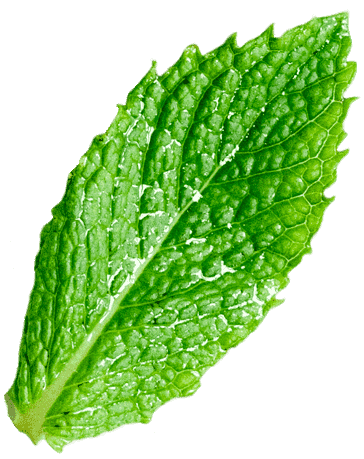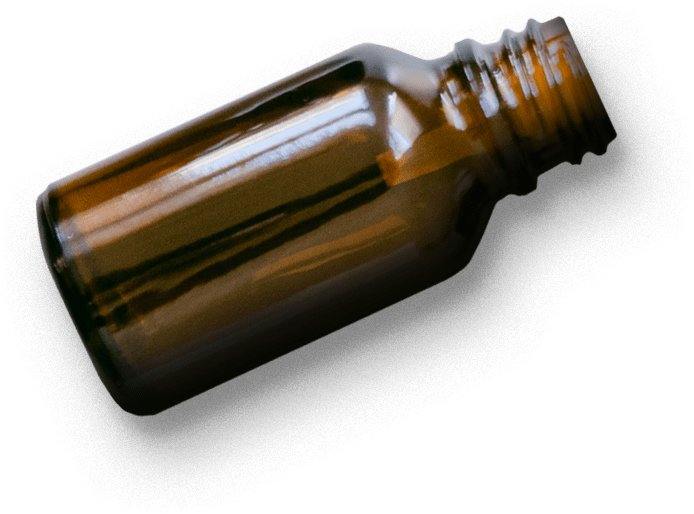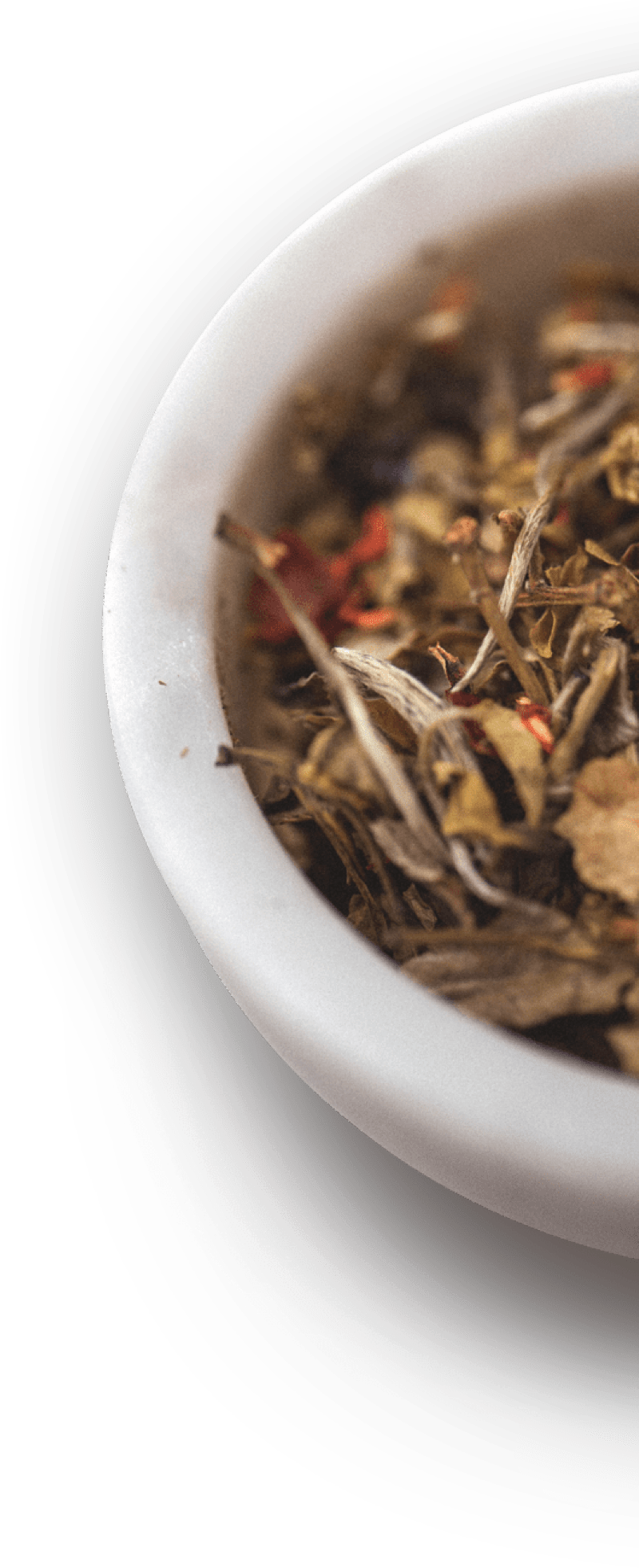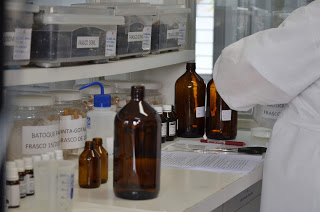
Some people have reacted negatively to the fact that we have put the word Homeopathy together with Science. So, I thought it might be interesting to reflect on what Science really means and what beliefs are.
Epistemology is the philosophical study of Knowledge and Belief.
Belief is the psychological state in which an individual adopts and dwells upon a proposition or premise for truth or even a formed opinion or conviction. Like Descartes, we can begin differentiating Belief from Doubt. For him, these are two states of mind relatively easy to distinguish, the state of Doubt is “an annoying and unsatisfactory state from which we struggle to break free”; differently, the state of Belief “is calm and satisfactory.” We strive to maintain the beliefs we already have, to avoid doubting again. Peirce said, “We cling tenaciously, not only to believe but to believe exactly in what we already believe.”

A stricto sensu, Science is a body of knowledge produced through the rigors of the scientific method. Science does not consider itself to be the owner of absolute and unquestionable truth. From critical rationalism, all its “truths” can be broken, with only a shred of evidence. Science creates models and draws conclusions about the intrinsic and inherent reality of the natural universe, using cautious observations of nature, experimentation, and the facts of these results. Science is a body of systematized knowledge acquired through observation, identification, research, and explanation of certain categories of phenomena and facts and formulated methodically and rationally.
The word Science has several meanings, covering mainly sets of knowledge acquired by study or practice. In the modern scientific theories and method, it is easy to identify the obligatory existence of a set of empirical facts, the obligatory experimental test, the predictability of phenomena or facts as yet unknown, causality, the mechanisms that imply the relation of cause-effect, and several others.
The most recent and significant changes in scientific paradigms in modern times are due, however, not to physics but to the other area of natural Science, biology. It seems that supported by the technological-scientific advance, biology will be to the Science of the 21st century what physics represented for it in the twentieth century. This was because it was realized that through observation and experimentation – of the scientific method – it was possible not only to understand the world around us but also to ourselves, to impel the development of new technologies and, thus, to improve the quality of life. In this sense, although it does not exist by itself, as a human production, Science is by far the most indispensable tool for the maintenance of progress. Dogmatic thinking puts ideas as being superior to what is observed.
No matter how much one observes facts that destroy dogma, a person with dogmatic thinking will preserve his dogma. For Science, a theory is made up of a body of facts and ideas, and if you observe facts that prove the falsity of the idea, the scientist has the obligation to modify or reconstruct the theory. In Science we need to keep our eyes open, living fully and accepting all that the world and people around us can teach. With homeopathy we also make Science with quality, methodologically correct, reproducible, carefully evaluated. We do not work with beliefs, “I believe it works,” “I do not believe in homeopathy,” “I do not believe in angels,” and so forth. Beliefs are personal, beliefs in doctrines are personal. Homeopathy is a medical specialty. It does not believe in orthopedics, in gynecology, they are medical specialties. Homeopathy is just another type of treatment. Just as some people react better to dipyrone, others to paracetamol, others to homeopathy. So open-minded, clean in the heart. Whether or not to my liking, with Homeopathy is also done good Science.
What is science? Click here to find one more answer!
What is science? Carl Sagan answer!











